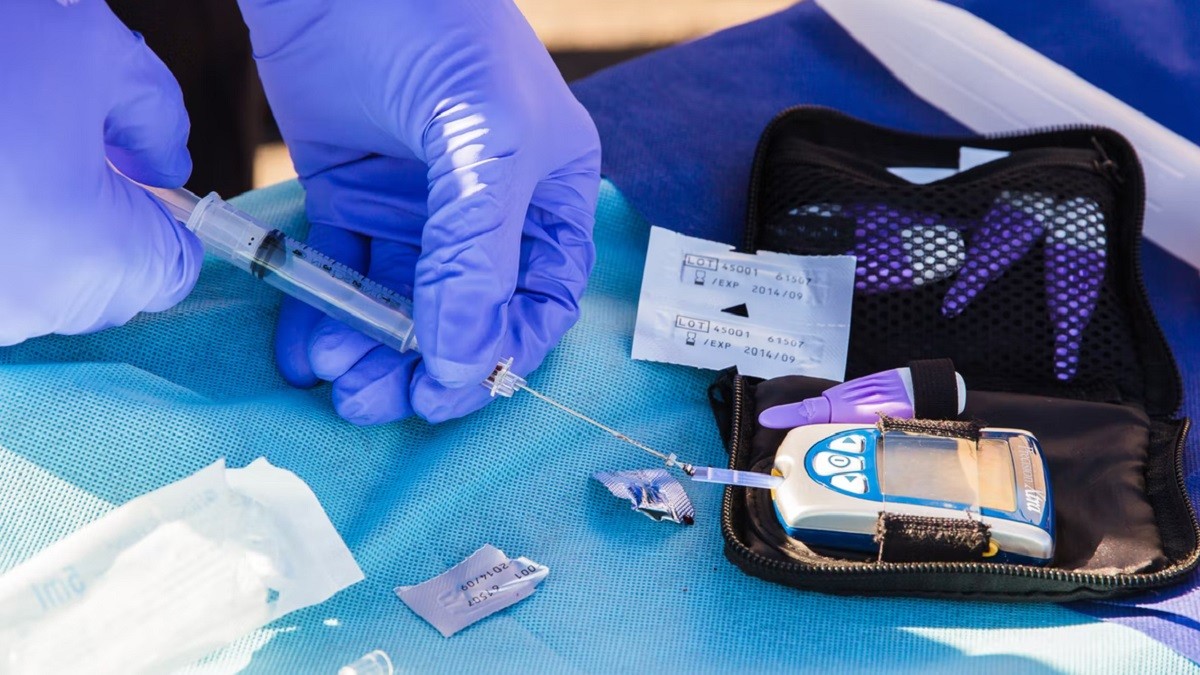Health
COVID-19 infection increases diabetes risk: study

- COVID-19 infection could lead to an increased risk of developing diabetes, according to a recent study.
- Researchers found that one in 100 people who contracted the coronavirus are at an increased risk of being diagnosed with diabetes following their infection.
- People who contracted the coronavirus were found to be over 40 percent more likely to develop diabetes compared to those who did not.
A recent study revealed that COVID-19 infection leads to an increased risk of developing diabetes.
The research team from the VA Saint Louis Health Care System looked into patient data from the Department of Veterans Affairs between March 1, 2020 and Sept. 20, 2021. They compared over 181,000 patients who contracted COVID-19 with over 4.1 million people who did not.
The study found that people who contracted COVID-19 were over 40 percent more likely to develop diabetes compared to the control group.
The study estimates that one in 100 people who tested positive for COVID-19 is at an increased risk of being diagnosed with diabetes following their infection.
Researchers indicate that the increased risk for diabetes could last for up to one year after a COVID-19 infection.
According to data from the Centers for Disease Control and Prevention (CDC), about 80 million people in the U.S. have contracted a COVID-19 infection as of Monday. This means, the study suggests, that nearly 800,000 Americans could develop diabetes — when they otherwise would not have if they had not been infected by the coronavirus.
Study lead author Ziyad Al-Aly, the research and development chief at the VA Saint Louis Health Care System, told ABC News, “COVID-19 isn’t only about the acute effects. This is going to leave a lot of people with long-term health consequences that they’ll have to deal with for a lifetime.”
There have been multiple theories explaining why the risk for diabetes increases after a COVID-19 infection, but none have been proven thus far. One theory suggests that increased inflammation due to infection affects insulin secretion, while another suggests that an infection disrupts the microbiome composition, leading to diabetes.
The study was published on March 21, 2022 in The Lancet Diabetes & Endocrinology medical journal. The results add diabetes to the growing list of long-term health complications that can result from a COVID-19 infection.
Source: The Hill
